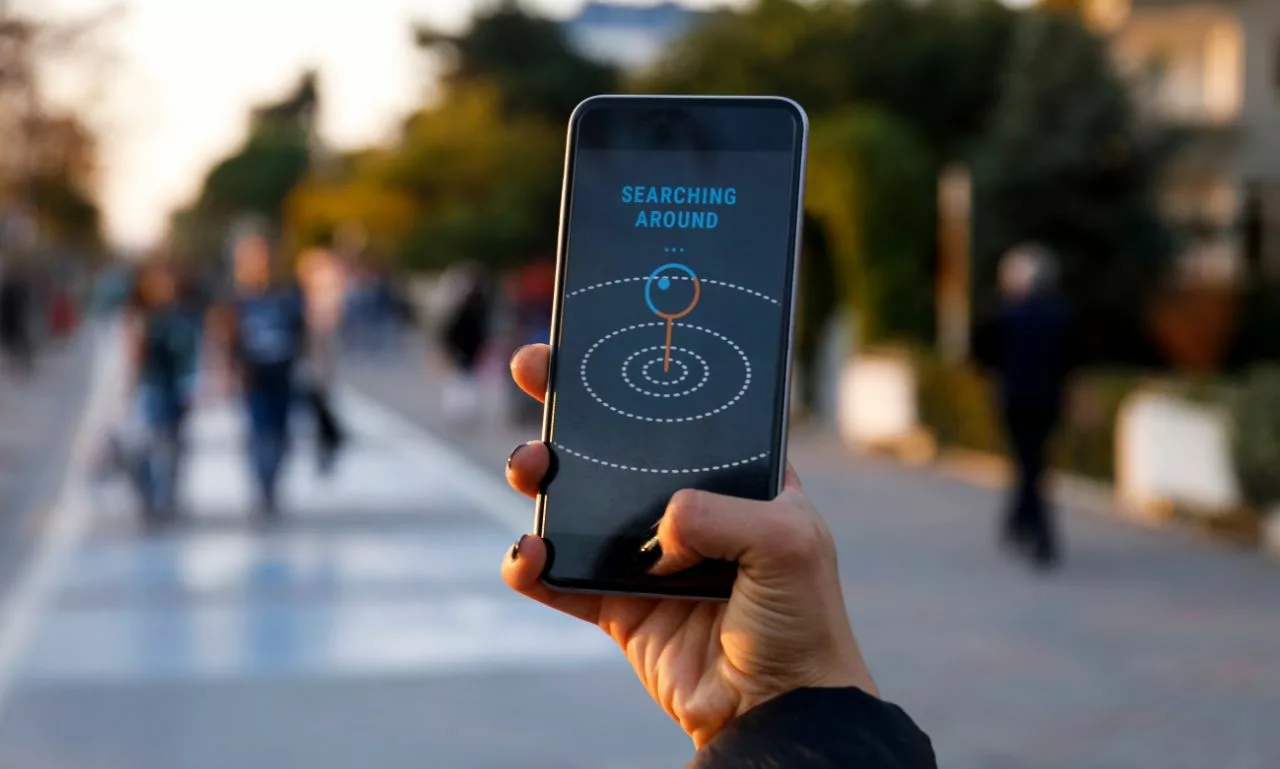In today’s digitally connected world, marketers are constantly searching for innovative ways to engage with their target audience. Location-based marketing has emerged as a powerful tool, enabling businesses to reach consumers with relevant content and offers based on their physical location. This research article explores the concept of location-based marketing, its benefits, challenges, and provides real-world examples of successful campaigns. By understanding the potential of location-based marketing, businesses can better connect with their customers and drive improved ROI.
Table of Contents
Introduction
The marketing landscape has evolved significantly over the past decade, with the rise of mobile technology and location-based services fundamentally changing how businesses connect with consumers. Location based marketing, a strategy that leverages geographic data to target customers with personalized content and offers, has become increasingly prevalent. This article delves into the world of location based marketing, examining its advantages, potential pitfalls, and offering real-world examples of successful campaigns.
Understanding Location-Based Marketing
1. What is Location-Based Marketing?
Location-based marketing is a digital marketing strategy that utilizes a consumer’s geographical location to deliver personalized and relevant content, advertisements, or offers. This approach relies on technologies like GPS, Wi-Fi, and mobile apps to determine a user’s whereabouts and tailor marketing messages accordingly. The goal is to engage consumers when they are in close proximity to a physical store, enhancing the likelihood of conversion.
2. Technologies Underpinning Location-Based Marketing
Several technologies enable location-based marketing:
GPS (Global Positioning System):
GPS is a satellite-based navigation system that accurately determines a user’s location. It forms the foundation of many location-based marketing strategies, especially in outdoor environments.
Wi-Fi:
Wi-Fi networks can track the movements of Wi-Fi-enabled devices within range. Businesses often use Wi-Fi-based location services to understand customer behavior within their premises.
Mobile Apps:
Many mobile apps request access to a user’s location, allowing businesses to gather real-time data on user movements and preferences. These apps often include push notifications and personalized offers based on location.
Benefits of Location-Based Marketing
1. Targeted Advertising
Location-based marketing enables businesses to deliver highly targeted advertising messages. For example:
A coffee shop can send a special offer to users within a 500-meter radius, enticing them with a discount on their favorite beverage.
A retail store can alert nearby shoppers to ongoing sales and promotions, driving foot traffic.
2. Enhanced Customer Engagement
By sending relevant, location-specific content, businesses can increase customer engagement. When consumers receive personalized offers that align with their immediate needs or interests, they are more likely to respond positively.
3. Improved ROI
Location-based marketing can lead to a higher return on investment (ROI) as it reduces wasted ad spend. Advertisements are shown only to individuals likely to be interested, increasing the likelihood of conversion.
Challenges of Location-Based Marketing
1. Privacy Concerns
One of the major challenges of location-based marketing is navigating privacy concerns. Users may be uncomfortable with businesses tracking their movements, and there are legal regulations, such as GDPR, that restrict the collection and use of location data.
2. Data Accuracy
The accuracy of location data can vary, especially in urban environments with tall buildings or in areas with weak GPS signals. Relying on inaccurate data can lead to missed opportunities or irrelevant marketing messages.
Real-World Examples
To illustrate the effectiveness of location-based marketing, let’s explore some successful campaigns:
1. Starbucks Mobile App
Starbucks leverages its mobile app to deliver personalized offers and rewards based on a customer’s location. Users receive notifications about nearby stores, special promotions, and personalized recommendations, creating a sense of urgency and loyalty.
2. Pokemon GO
The popular mobile game Pokemon GO utilized location-based technology to encourage players to explore their surroundings. Businesses could pay to become in-game locations, driving foot traffic and sales.
3. McDonald’s Geofencing
McDonald’s used geofencing to target mobile users who were close to their stores. When a potential customer entered a predefined area, they received mobile ads featuring current promotions, resulting in a significant boost in foot traffic.
Future Trends
As technology continues to advance, location-based marketing will likely evolve in the following ways:
- Indoor Location Services: Improved indoor tracking will allow businesses to engage with customers inside malls, airports, and large stores.
- Augmented Reality (AR): AR apps will use location data to overlay digital information onto the real world, creating new opportunities for advertising and engagement.
- Wearable Devices: The integration of location-based marketing with wearables like smartwatches will enable even more personalized and context-aware advertising.
Conclusion
Location-based marketing has become a powerful tool for businesses seeking to engage with consumers in a more personalized and context-aware manner. While it offers numerous benefits, including targeted advertising, enhanced customer engagement, and improved ROI, it also presents challenges related to privacy and data accuracy. By carefully navigating these challenges and staying attuned to evolving technology trends, businesses can harness the potential of location-based marketing to reach consumers where they are, creating more meaningful and profitable connections.
In the digital age, location is more than just coordinates on a map; it’s a valuable marketing asset that can drive business success when leveraged effectively.
